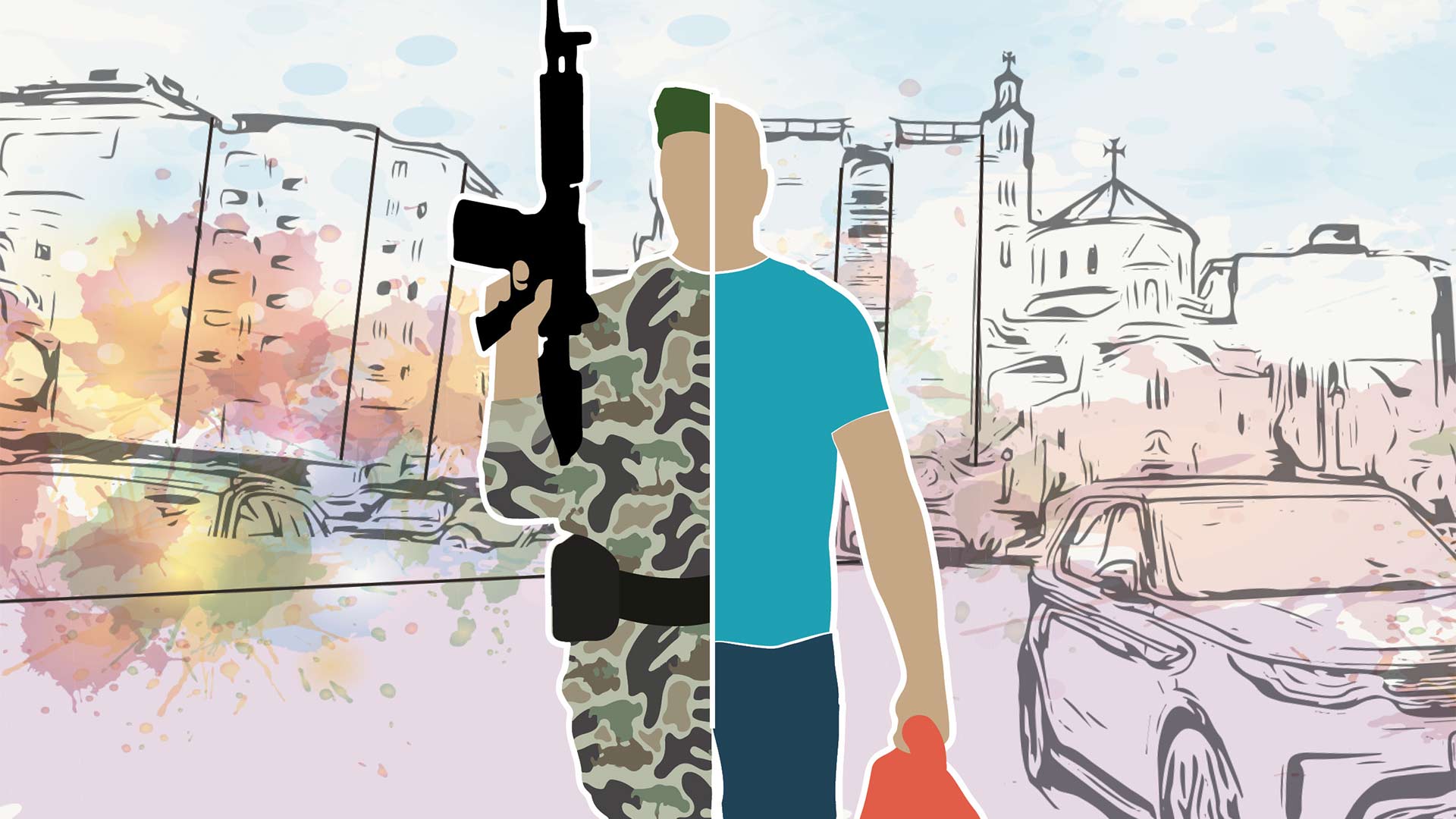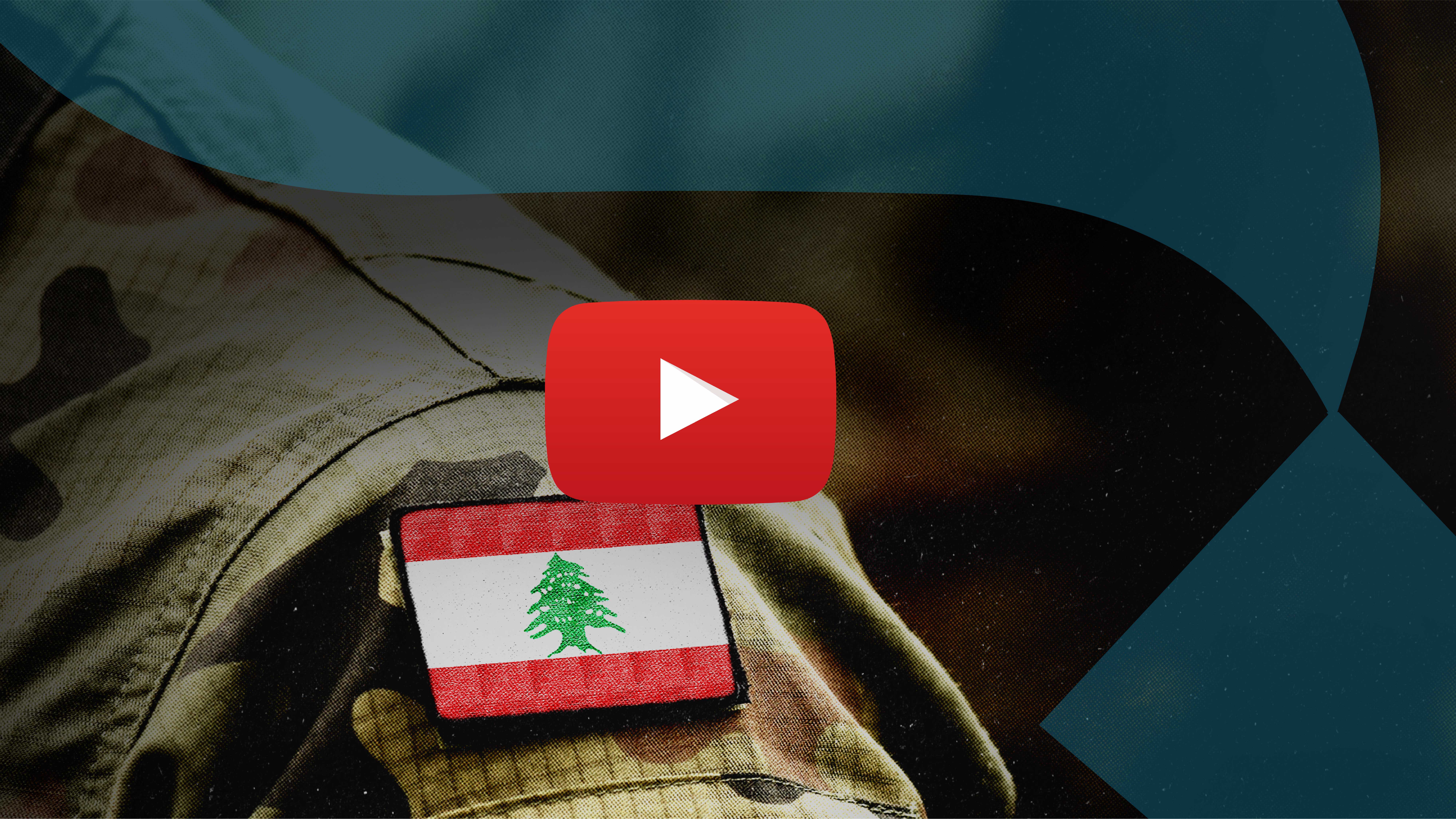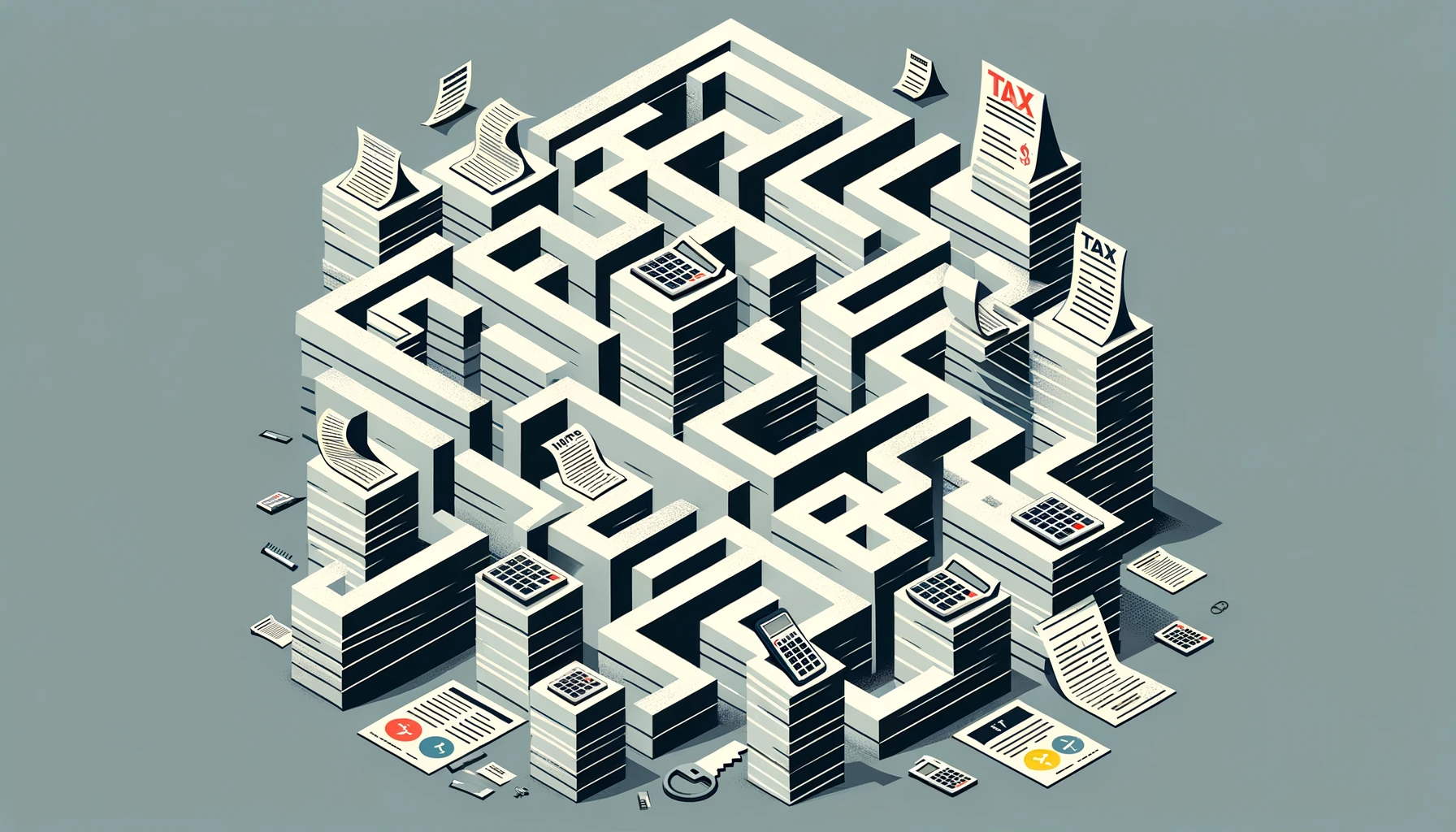On 14 December, a retired member of the Lebanese Armed Forces (LAF), Mohsen Halim Suleiman, lit himself on fire to protest his increasingly abject living conditions. Just a few years ago, Suleiman could have depended on respectable pensions after retirement from the LAF—an institution that is both Lebanon’s single largest public employer and the sole security institution responsible for maintaining domestic stability and defending the nation’s borders.
Suleiman’s desperate final gesture epitomises the LAF’s troubled standing in these dark days. The army’s historical goodwill—opinion polling singles out the LAF as the country’s most respected public institution—risks fizzling out as the economic crisis deepens. Should that happen, Lebanon will be left without any institution that inspires public confidence, not to mention a fighting force that can defend the country from different security threats.
At present, the LAF’s finances are so woefully unsustainable that active service members have turned to a wide range of last-resort options. These responses range from working in part-time jobs around military duties, to requesting early retirements, to defecting entirely from the corps. The only way to save the LAF lies through tackling the financial quandary head-on, while also addressing the outdated, sectarian politics that obstruct the LAF from performing its important duties effectively.
Political interference from Lebanon’s sectarian powers has long prevented necessary reforms to the LAF’s structure—mainly, rationalising the LAF’s bloated number of both military and civilian dependents. For many years, sectarian elites have abused their power to engage in clientelist, “militarised welfare,” using the LAF as a vehicle for purchasing political capital.
To overcome this systemic problem, the LAF will need to treat political interference in appointments, staffing, and spending as public enemy #1. Eventually, the unmeritocratic system of sectarian hiring will need to end. This step is as important to the LAF’s future as it is for the development of a national defence strategy, which rationalises the use of Hezbollah’s arms the LAF’s military capability.
But first, the LAF must stem the bleeding. Given Lebanon’s parlous finances, emergency funding for wages and benefits will need to come from foreign aid. Ultimately, the LAF will need to meet all its institutional funding requirements from Lebanon’s public budget. Getting there will mean bringing the LAF’s proportional spending on wages well below 50 percent of its annual budget. This would create fiscal space for spending on other priorities, like equipment acquisition and training.
In tandem, the LAF needs to work on its image—not through fancy posters, but by understanding Plato’s time-honoured advice that ‘when men speak ill of thee, live so as nobody may believe them.’ Even if it remains illegal to say anything deemed “offending [to] the military,” the LAF should rise above employing this outdated legal bludgeon against public criticism.
The revolution of October 2019 and the ensuing financial crisis have exposed the LAF to the financial and public opinion conundrum it currently finds itself in. But it is the same understanding that brought people to the streets to face the LAF which it needs to draw upon to defend its nation’s sovereignty, people, and its diversity.
DEFEND OR FEED?
On top of its peace and security duties, for decades the LAF has successfully provided a vital source of income and social support for hundreds of thousands of Lebanese. The LAF employs approximately 80,000 active service members, making it Lebanon’s largest public employer. Each soldier draws a salary, as well as food and transportation costs, from the national budget. Before the crisis, the LAF could offer competitive wages to its members—major-generals received monthly incomes of LBP 8,455,000 (around $5,637), and entry-level privates collected LBP 1,332,000 ($888).1 Owing to their seniority, high-ranking officers also enjoyed fringe benefits including maid services and the use of private vehicles. Beyond active soldiers, the LAF offers welfare services to an estimated 400,000 individuals in military families, who benefit from healthcare and education support. Accordingly, the LAF’s salary and benefits scheme has historically appealed to Lebanese households as an avenue for enrichment and social mobility.
At the same time, the LAF’s generous remuneration and benefits policies have imposed an enormous financial burden on the institution’s bottom line. In 2020, the LAF spent LBP 1.9 trillion (or $1.3 billion, at the official exchange rate) on staff salaries, benefits, and pensions—accounting for 71 percent of the LAF’s total budget2. By contrast, the U.S. Army allocates roughly 35 percent of total national defense spending to staff entitlements3, while the French Armed Forces use only 32 percent of their public funds for this purpose4. The LAF’s wage bill weighs heavily even on Lebanon’s public finances at large; out of the public sector wages bill for January-May 2021, over 42 percent went to military personnel.5
Since October 2019, the economic crisis has fundamentally undermined the LAF’s sustained and concentrated investment in staff and benefits. Denominated in Lebanese Lira, the LAF budget has depreciated in line with the local currency’s collapse, losing more than 90 percent of its value. Internal LAF estimates in early 2021 suggested its treasury allocations would be exhausted by June, leaving a six-month void until the end of the fiscal year.6 Staff salaries have nosedived in the same proportion as the Lebanese Lira—a major-general’s monthly salary of 8,455,000 LBP now amounts to $313 at the parallel market rate (27,000 LBP, at the time of writing), while privates earn the equivalent of just $49. In real terms, therefore, even the highest-ranking LAF officer earns less than an entry-level fighter for Hezbollah’s military wing, who still reportedly receives $500 per month, in ‘fresh’ dollars.7
The LAF’s parlous economic state has forced the institution to adopt severe negative coping strategies. Spending on development and training has been the first casualty of the crisis, making room for more urgent spending. Various countries have provided food supplies to prevent soldiers from going hungry.8 Soldiers have been permitted to take multiple days off per week to work second and even third jobs—offences that would normally merit punishment or expulsion—reducing the number of soldiers on duty each day by around 50-60 percent.9,10 Despite these mitigation measures, many senior officers have requested early retirement, while lower-ranking troops seek three-month periods of unpaid leave to earn income from supplementary jobs. According to a retired military officer, LAF leadership has refused almost all these requests. Triangle has also reviewed a recent circular, dated 8 September 2021, which prohibited leave requests made by LAF personnel currently outside Lebanon.




